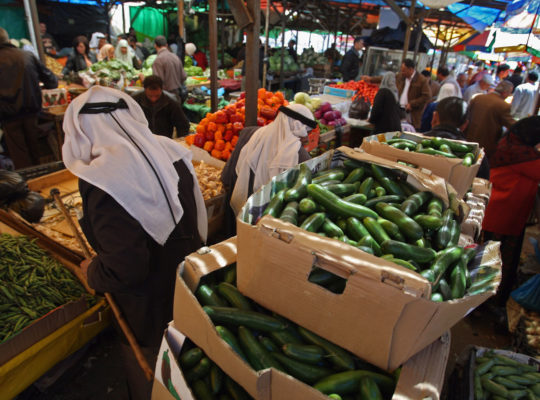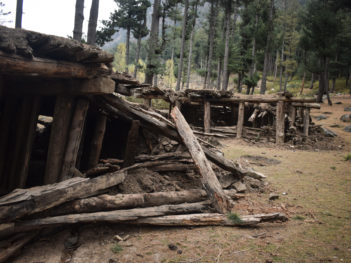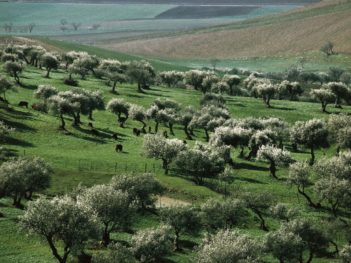
agriculture

Ex-Gang Members Turn Nairobi Green
"Nature has saved a lot of youths who might have been killed.” In impoverished areas of Kenya’s capital, gang members are putting down their guns and instead creating green spaces in the urban jungle.

In the West Bank, Plants Are Political
Picking za’atar, ‘akkoub and miramiyyeh (sage) became a criminal offense punishable by fines and up to three years imprisonment, beginning with za’atar, in 1977, when the Israeli Nature Protection Agency decided it should become a protected species.

From Syria to Lebanon, Saving the Seeds That Could Save Humanity
If a grown sample in a colder region isn’t able to withstand frequent heat waves and gets wiped out, the genetically resilient samples created in ICARDA’s genebank would come to the rescue. So when the accessions made their way to Lebanon in late 2015, it was all hands on deck.

The Ill Fruits of Demographic Engineering in Kashmir
A hilly, snowcapped terrain leads to the village, which has witnessed one of the harshest winters in the Kashmir Valley in decades. The Forest Department managed to cut the trees before anyone could protest, as people had been braving subzero temperatures inside their homes.

A Day in Mohammad’s Life in Sicily
Around half the workforce employed in Italian agriculture are migrants. They are denied fair wages and exploited by employers. But in addition to this exploitation, workers are stratified by their country of origin and a new racial apartheid has emerged in one of Europe’s largest exporters of fruit and vegetables.

Tunisia’s Phantom Environmental Sector and its Fake Employment
As the gardening solution has done nothing to significantly reduce the problem of unemployment, so has it failed in its mission to buy social peace. Thousands of unemployed continue to protest in these regions, and industrial activity continues to be interrupted; even those with phantom jobs are getting restless.
